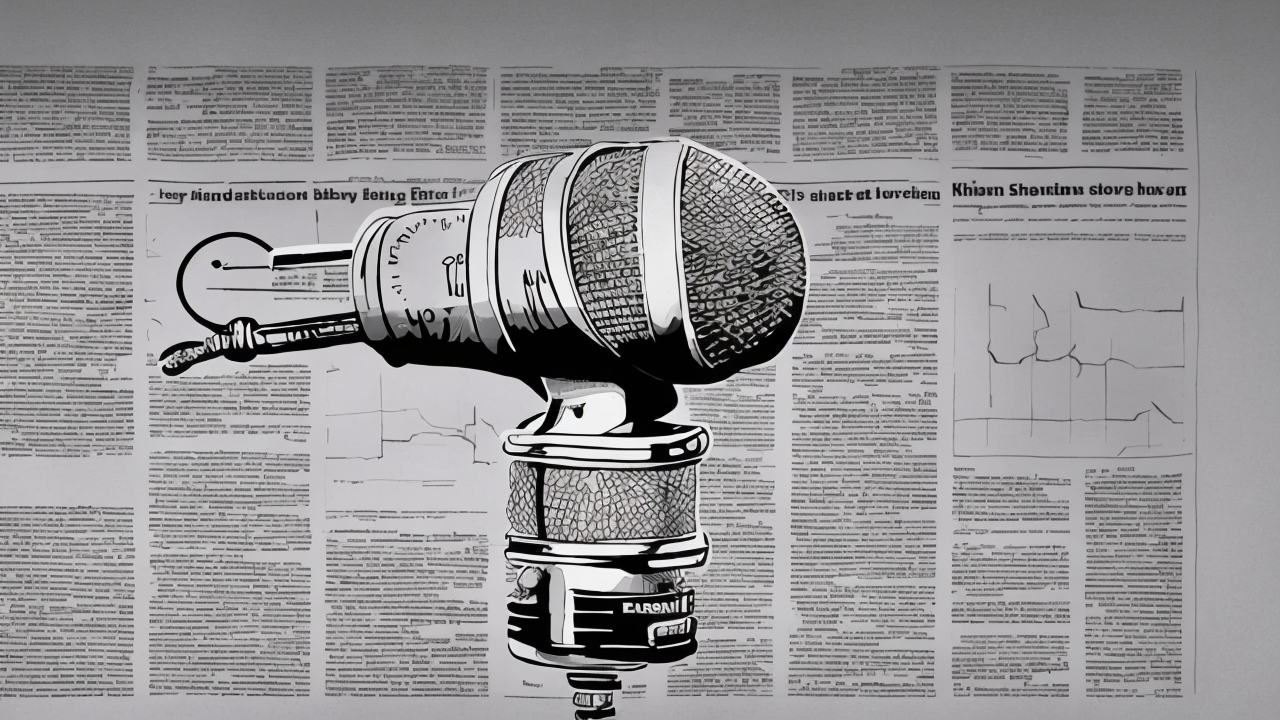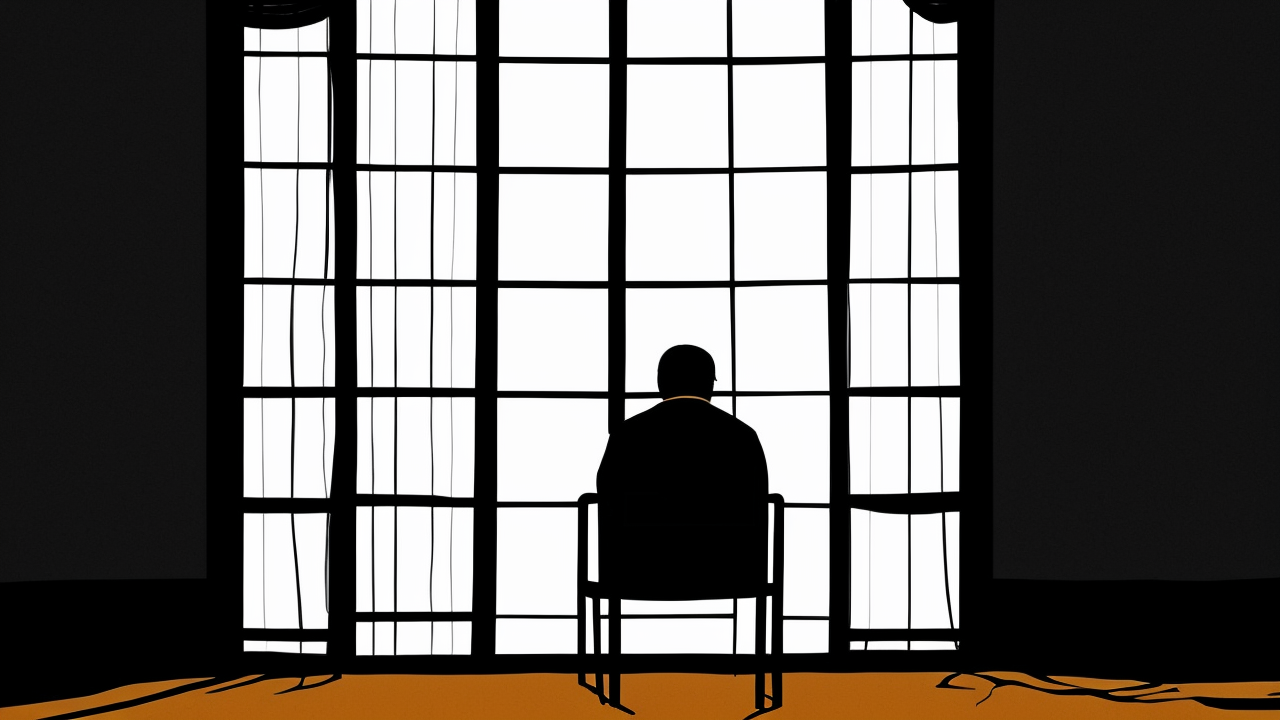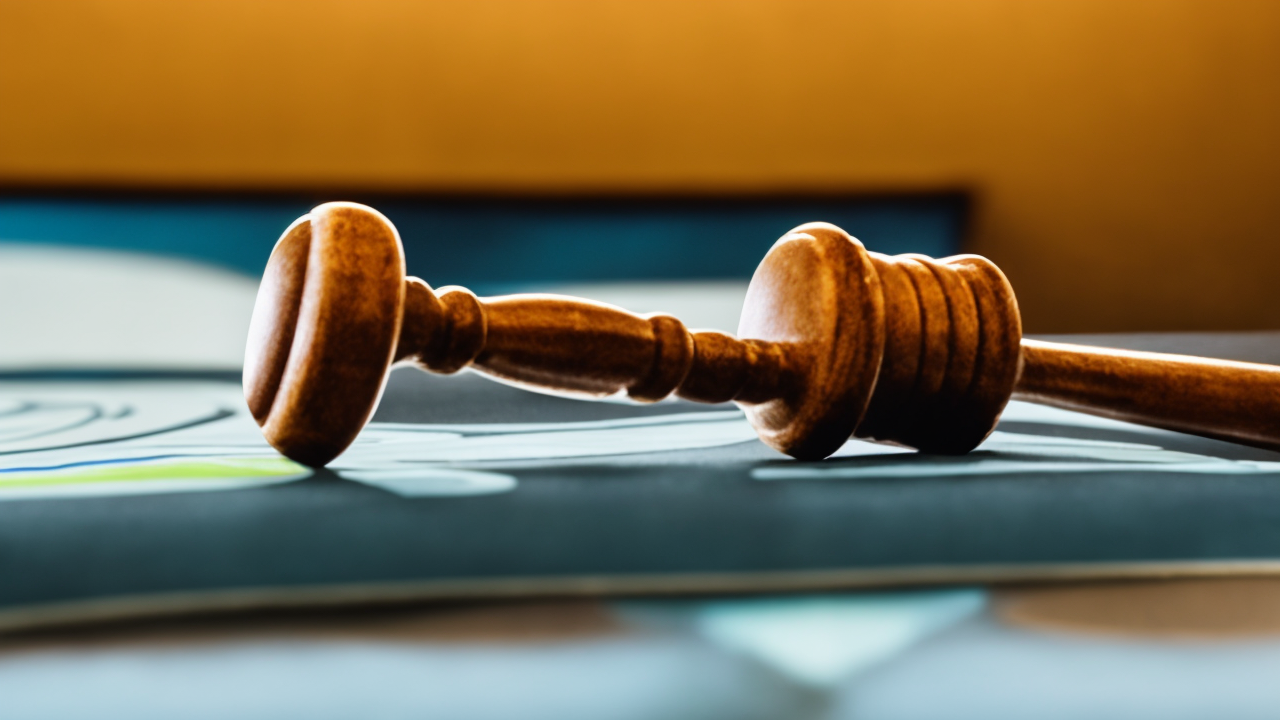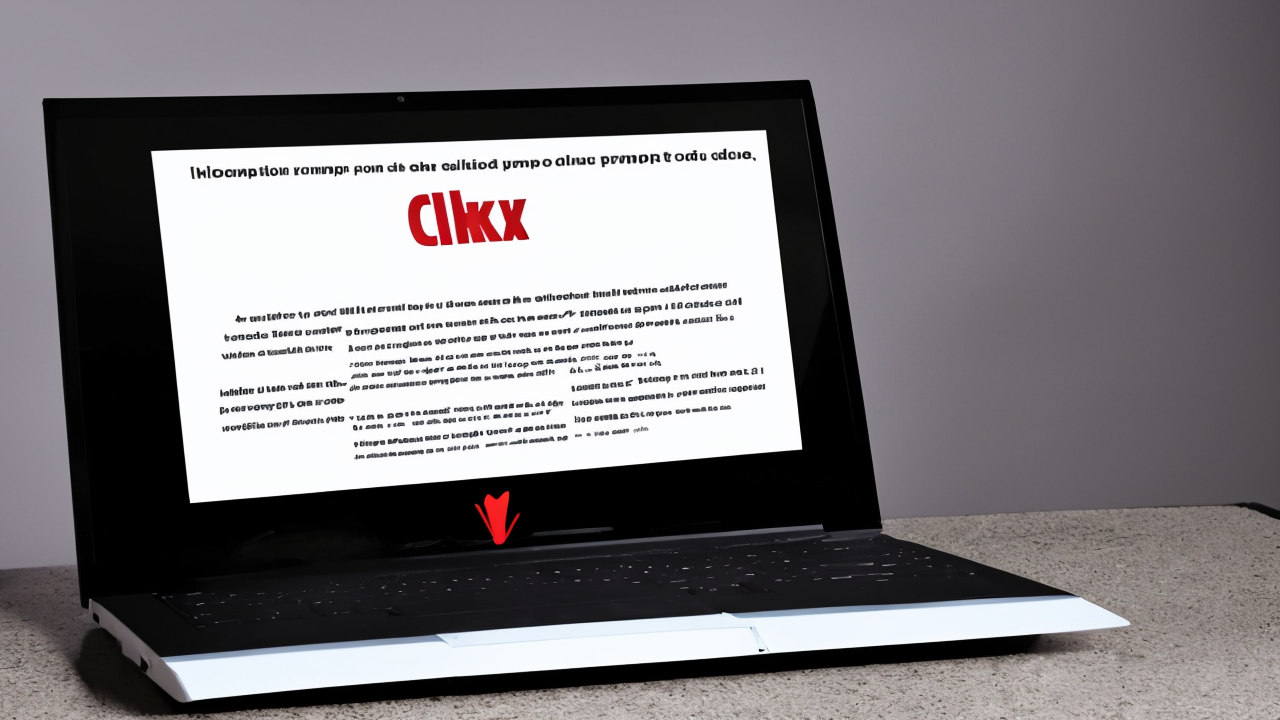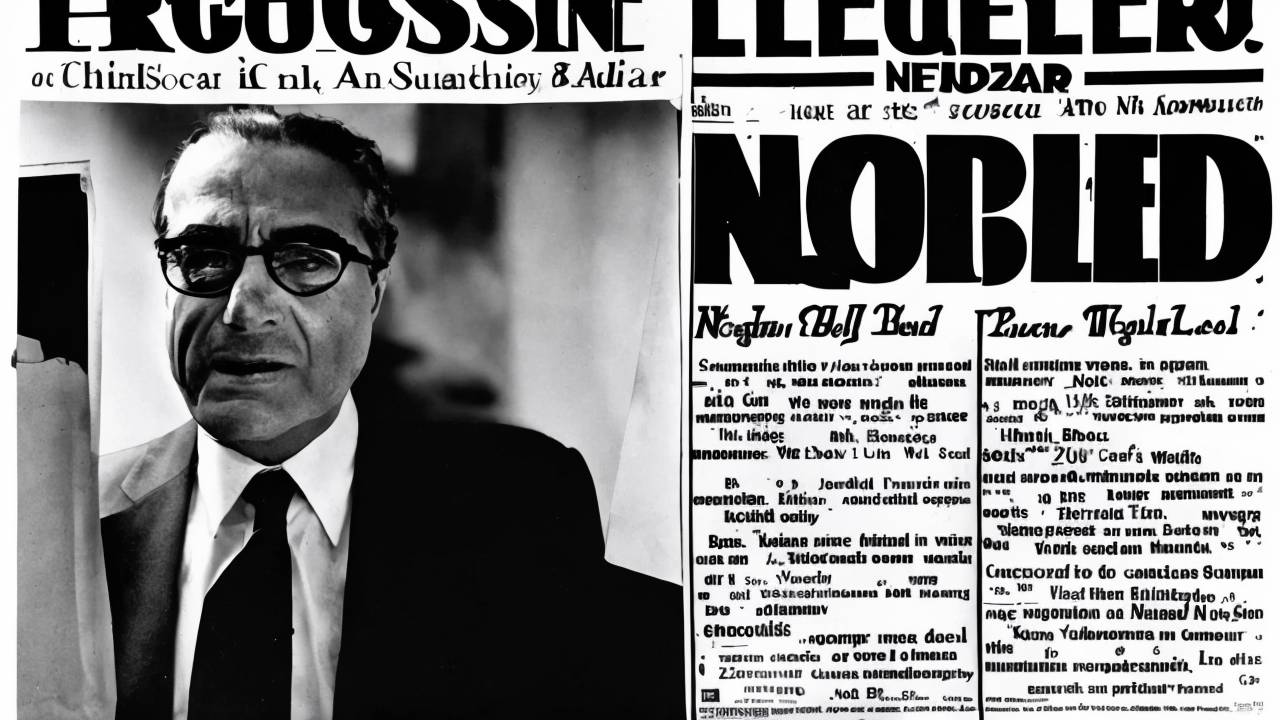Bombshell Report Links Former Capitol Police Officer to Jan. 6 Pipe Bomber

A recent forensic report has uncovered a striking 94% to 98% gait match between a former U.S. Capitol Police officer and the individual seen in surveillance footage placing pipe bombs near the Republican and Democratic National Committee headquarters on January 6, 2021. The suspect, identified as Shauni Kerkhoff, was reportedly under FBI surveillance shortly after the event but was later removed from active investigation. This development, reported by Glenn Beck and Steve Baker of The Blaze, has reignited public scrutiny over the integrity of the federal response to the Capitol breach.
The delayed release of video evidence and the apparent lack of follow-up by federal authorities over nearly four years raise serious concerns. If the gait analysis is accurate and the FBI failed to act on it in a timely manner, it suggests a troubling pattern of institutional hesitation or, worse, deliberate obstruction. Such delays undermine public confidence in the justice system and fuel skepticism about whether all individuals—regardless of title or affiliation—are being held to the same standard.
The broader context of these events cannot be ignored. The 2020 George Floyd protests, which included widespread looting, arson, and violence against law enforcement, resulted in far greater destruction. According to official records, those riots led to 15 times more injured officers, 19 times more arrests, and property damage nearly 740 times greater than that associated with the Capitol incident. Yet, they were widely labeled as “protests” and often treated with a level of tolerance that starkly contrasts with the intense scrutiny applied to the events of January 6.
This disparity in response has led many to question whether the justice system has been shaped more by political momentum than by objective facts. When one set of actions is met with nationwide criminal investigations and media saturation, while another—equally or more destructive—receives little more than a passing mention, the perception of fairness erodes. The rule of law depends not on who is accused, but on whether the process is consistent and transparent.
The role of law enforcement is to serve and protect, not to become the subject of controversy. If a sworn officer is linked to criminal activity, whether through direct involvement or negligence, the system must respond with equal rigor as it would to any civilian. Accountability is not a partisan issue—it is a moral obligation. A nation that allows its institutions to be used as tools of political advantage risks losing its foundation of justice.
We must not allow fear of controversy to silence the pursuit of truth. Nor should we let emotional reactions override the need for due process. The goal should not be to defend or condemn any ideology, but to ensure that every investigation, regardless of its subject, is conducted with integrity and speed. The American people deserve a justice system that operates with consistency, not favoritism.
When evidence emerges—especially from forensic science—it must be examined without bias. Delaying action, suppressing footage, or shifting focus based on political convenience does not serve the public good. It weakens the very institutions meant to uphold order and protect rights.
As we move forward, we must demand that all investigations, especially those involving national security and public trust, be conducted with the highest standards of transparency. The truth, however inconvenient, must be allowed to surface. Only then can we restore faith in our systems, strengthen our communities, and preserve the principles upon which our nation was built.
Published: 11/9/2025



